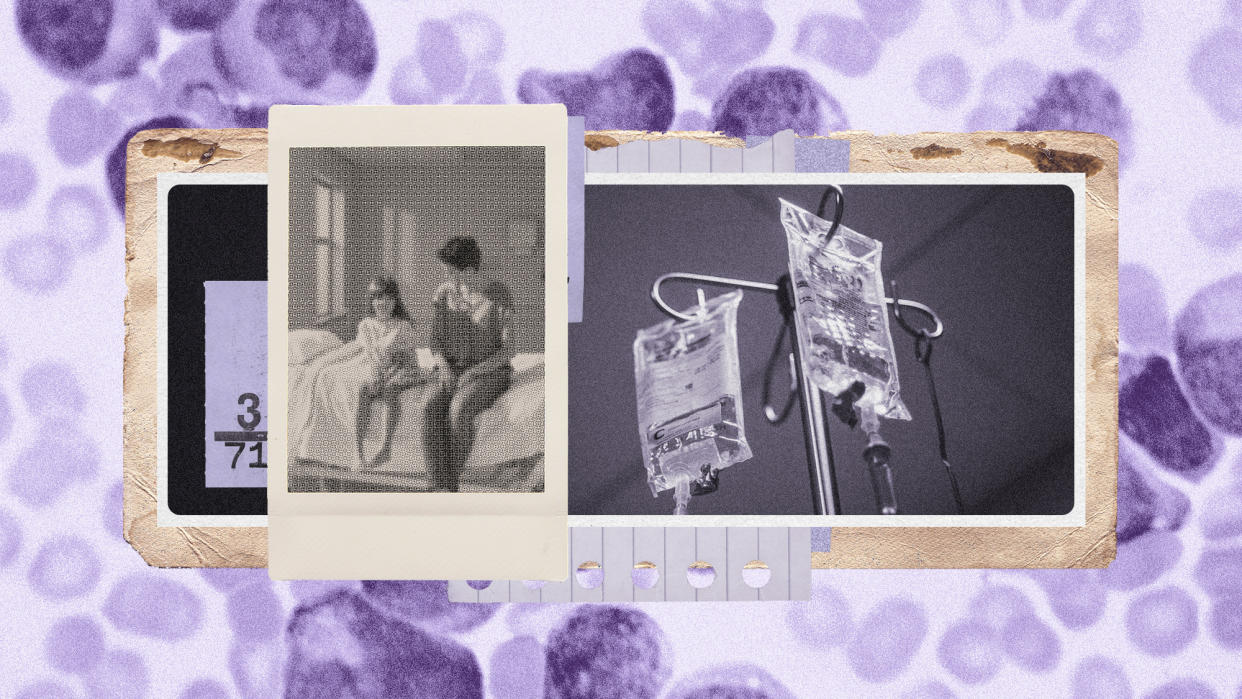The alarming rise of cancer in young people

Young people are getting cancer, and the development is alarming medical professionals. Instances of gastrointestinal cancers specifically are rising among younger adults. This shift is despite overall cancer rates having declined since the 1990s because of reduced smoking and better cancer-screening technology. Experts point to a number of possible causes, including diet, environmental factors and microplastics. But a true cause has yet to be pinpointed. Instead, the cancer cases indicate a larger problem which is likely to worsen.
Multiplying numbers
While overall rates of cancer have been decreasing, there has been a notable increase in cases for those under 50, a group that is considered younger adults. "The patients are getting younger," said Dr. Andrea Cercek, co-director of a program for early-onset gastrointestinal cancer patients at Memorial Sloan Kettering Cancer Center, said to The Wall Street Journal. "It's likely some environmental change, whether it's something in our food, our medications or something we have not yet identified."
More precisely, "the rate of cancer among young adults in the United States has increased faster in women than in men, and in Hispanic people faster than in non-Hispanic white people," said Nature. One of the most prevalent forms of cancer among younger people is colorectal cancer. "What concerns us is what we're seeing in the clinic every day: More young people, otherwise healthy with no genetic syndrome, being diagnosed with very advanced stages of gastrointestinal cancers," said The Harvard Gazette. This cancer type has become the leading cause of cancer-related death for men under 50 and the second leading for women under 50.
Cancer cases also disproportionately impact marginalized groups. "Colorectal cancer rates in young people are rising faster in American Indian and Alaska Native people than they are in white people," said Nature. "And Black people with early-onset colorectal cancer are more likely to be diagnosed younger and at a more advanced stage than are white people." These marginalized communities are also less likely to have access to resources that could prevent cancer. "These populations have been subject to racial discrimination for hundreds of years," Rebecca Siegel, one of the authors of the Cancer Statistics, 2024 report, said to the American Cancer Society. "The resulting inequality in wealth has resulted in less access to fresh food, safe places to live and exercise, and receipt of high-quality cancer prevention, early detection and treatment."
An unknown cause
"We are seeing more and more young people who don't fit the classic teaching that cancer is a disease of aging," said Dr. Monique Gary, medical director of the cancer program at Grand View Health in Pennsylvania, to The Washington Post. This could be the result of what is called a birth cohort effect lending itself to a specific generation. "The main hypothesis is that some not-as-yet-identified environmental exposure is affecting individuals, starting in early life," said The Harvard Gazette. "The exposure perhaps occurs in utero, in infancy or during childhood. That then predisposes us to cancers at an earlier age." Colorectal cancer in particular could be rising due to changing diet. Deep-fried and highly processed food can lead to a greater risk of early-onset colorectal cancer. Some research has also pointed to microplastics and a sedentary lifestyle as risk-increasing factors. "Is it part of a larger trend of, are we just getting unhealthier?" Dr. Sachin Apte, chief clinical officer at Huntsman Cancer Institute at the University of Utah, said to the Post.
The larger problem is that these factors alone are not sufficient to explain the rise in cases. "A lot of the young patients are very healthy," posing a conundrum for researchers, Dr. Y. Nancy You, a colorectal cancer surgeon at the University of Texas MD Anderson Cancer Center, said to the Post. With only a number of risk factors and no concrete cause, cancer cases among younger adults is likely to continue rising. Dr. Kimmie Ng of the Dana-Farber Cancer Institute in Boston said to the Post, "If we're not understanding what it is now, there's another whole generation that's going to be dealing with this."

